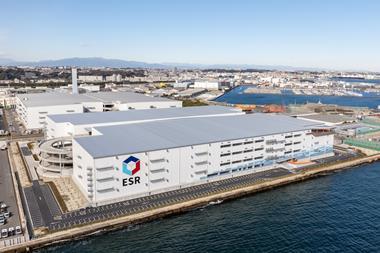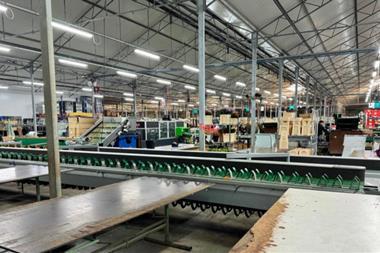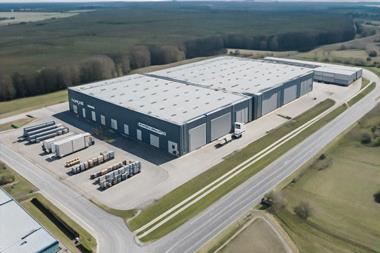EUROPE - Institutional investment into real estate is still lagging due to liquidity issues, but where it is returning, it is flowing into the Central and Eastern European (CEE) region, according to Austrian property service provider EHL.
At the opening of real estate fair RealVienna, Franz Pöltl, chief executive at EHL Investment Consulting, said: "Real estate funds collecting money from institutional clients like insurers and pension funds are struggling to raise assets."
He said this was a question of liquidity, as many large institutional investors are still cautious about global political developments in Northern Africa and the Middle East, as well as Japan's nuclear catastrophe.
"Many insurers are cautious because they might need the money for insurance purposes," he added.
However, he noted that the situation was "easing up", with a few uncertainties like Syria remaining.
He said German open real estate funds (OIF) in particular were sitting on a lot of investible liquidity and currently saw the asset class as a good alternative to lower yielding or high-risk investments.
"And those funds are looking for opportunities in CEE, among other regions," Pöltl said.
EHL, like all other participants at the RealVienna, which is focussing on CEE real estate, stressed that the region should not be seen as a homogenous market.
In a panel discussion at the fair, Bruno Ettenauer, chief executive at CA Immo, pointed out that the portfolio restructurings at his company - and at many of his competitors - that had started in the wake of the financial crisis were "far from over".
CA Immo had reviewed its portfolio to focus on four core markets outside Austria - Poland, Czech Republic, Hungary and Romania.
Ettenauer expects more companies to focus on certain markets and maybe "swap" portfolios with other market participants.
Timu Bondaryev, managing partner at law firm Arzinger in the Ukraine, said many investors had come to the Ukraine very "blue eyed", thinking they could expand their portfolio easily after having done some business in countries like the Czech Republic or Slovenia.
"But it is a different country with different rules and a different mentality," he said.
He added there were good opportunities for investors now, but only if they came prepared.
Pöltl recommended looking at each CEE market closely, "even if you are not investing straightaway", as timing is "essential" in small markets.
Participants in the panel discussion also pointed out that quality, location and long-time sustainable return, as well as the issue of green buildings, were much more a focus for CEE investors than before the crisis.












